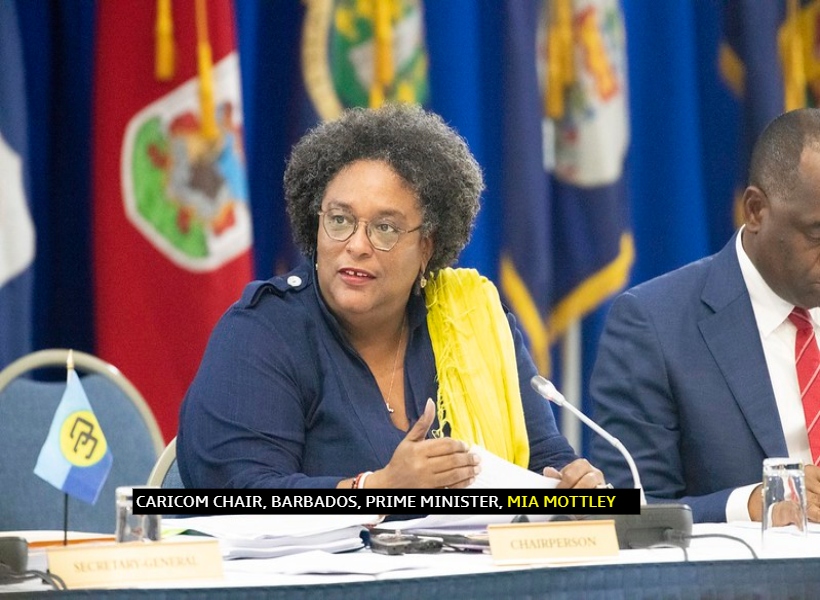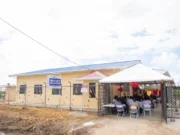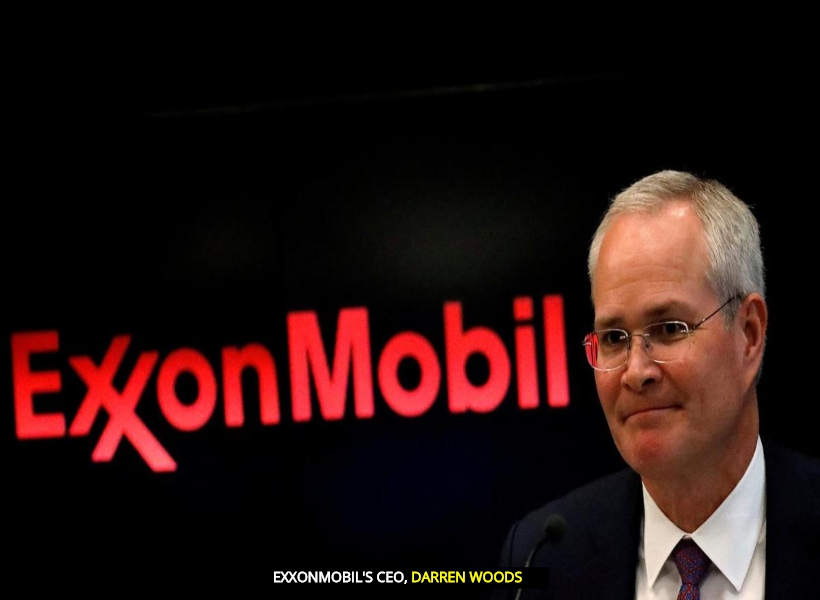As a result of the declining demand for oil on the world market, ExxonMobil said today that it is reducing its 2020 capital spending by 30 percent and lowering cash operating expenses by 15 percent. The weakness in the demand continues to be driven by the oil price war between Russia and Saudi Arabia as well as the COVID-19 pandemic.
The company said that capital investments for 2020 are now expected to be about $23 billion, down from the previously announced $33 billion. As for the 15 percent decrease in cash operating expenses, ExxonMobil said that this paves the way for increased efficiencies while making allowance for the likelihood that energy costs will see a continued decline.
Further to this, the company said that its management will be monitoring market developments and can exercise additional reduction options if required. As market conditions evolve, the company said it will continue evaluating the impacts of decreased demand on its 2020 production levels as well as longer-term production impacts.
The Guyana Standard understands that ExxonMobil’s largest share of the capital spending reduction will be in the Permian Basin, where short-cycle investments can be more readily adjusted to respond to market conditions, while preserving value over the long term. The company said that reduced activity will affect the pace of drilling and well completions until market conditions improve. It was noted that the reductions will not compromise the scale, functional excellence and cube development advantages that are maximizing resource recovery and value in the Permian.
Furthermore, ExxonMobil said that developing the numerous world-class deepwater discoveries offshore Guyana remains an integral part of its long-term growth plans. Expounding in this regard, the company said that current operations onboard the Liza Destiny production vessel are unaffected, and startup of the second phase of field development remains on target for 2022, with the Liza Unity production vessel currently under construction. As the company waits for government approval to proceed with a third production vessel for the Payara development, it noted that some 2020 activities are now being deferred, creating a potential delay in production startup of six to 12 months.
In the meantime, the company said it is maximizing production of products critical to the global response, including isopropyl alcohol, which is used to manufacture hand sanitizer, and polypropylene, which is used to make protective masks, gowns and wipes. ExxonMobil said it is also supporting efforts to redesign and accelerate production of reusable face masks and shields to help alleviate the shortage for medical workers and first responders.











